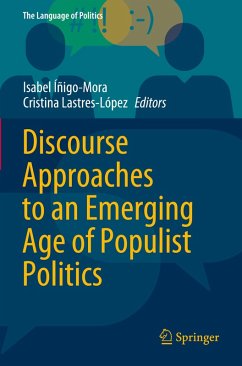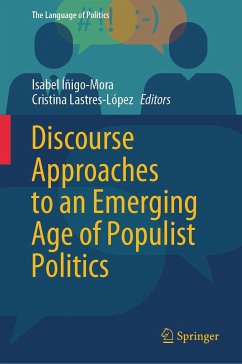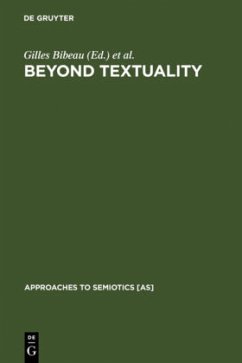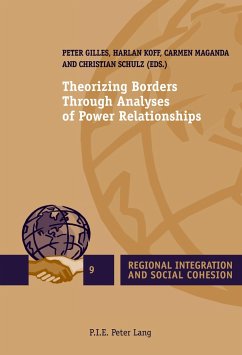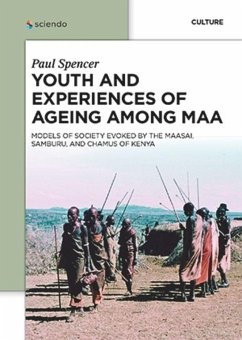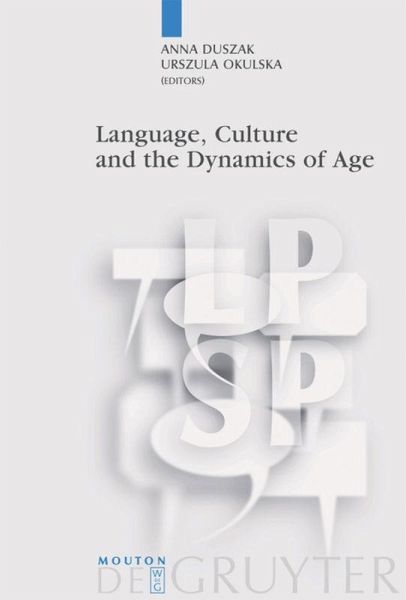
Language, Culture and the Dynamics of Age
Versandkostenfrei!
Versandfertig in 6-10 Tagen
145,99 €
inkl. MwSt.

PAYBACK Punkte
73 °P sammeln!
The book explores the role of age in communication under consideration of various age groups, genres, cultures and languages, and demonstrates the growing potential of age-related research for linguistic and social analyses that is founded on a more comprehensive and systematic basis than has been practiced so far. The volume establishes a point of contact with the work of Coupland, Giles and associates starting in the 1980s, and shows how it can be extended today to go beyond the early focus on detrimental aspects of aging. The contributors address social communication within and across age c...
The book explores the role of age in communication under consideration of various age groups, genres, cultures and languages, and demonstrates the growing potential of age-related research for linguistic and social analyses that is founded on a more comprehensive and systematic basis than has been practiced so far. The volume establishes a point of contact with the work of Coupland, Giles and associates starting in the 1980s, and shows how it can be extended today to go beyond the early focus on detrimental aspects of aging. The contributors address social communication within and across age cohorts in all major age categories: the elderly, middle-aged, teenagers and children. The social skewing of the research presented explains the volume's focus on the discursive construction of social identities, with age implicated as a viable controller of how social action is strategically deployed for alignment and alienation, accommodation and divergence. The authors emphasize that adiscourse construction of age and ageing is particularly important in the face of new challenges of globalization, increased human mobility and rising intergenerational conflicts.






